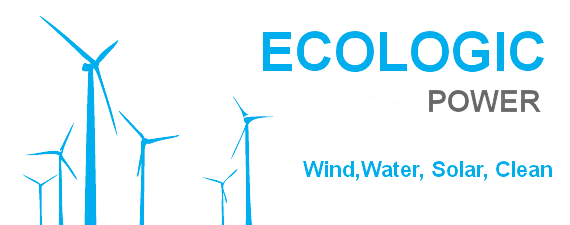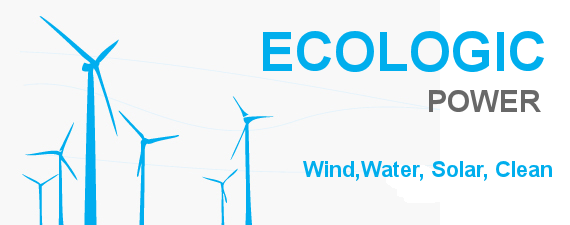As an expert on solar power, I can tell you that now is the best time to buy a photovoltaic (PV) system if you want to save money on your electric bill and help protect the environment. In this article, I will discuss the advantages of a PV system, what to consider when purchasing one, and the steps you need to take to get started.
Clean, Reliable, and Renewable Electricity
The PV system is designed to reduce or eliminate the amount of electricity you purchase from the utility, especially with the possibility of a price increase in the near future. The best part about a PV system is that it generates clean, reliable, and renewable electricity that does not emit harmful gases into the atmosphere.
Placement of the PV System
When purchasing a PV system, it is essential to choose a location that is free from any obstructions. As a solar power expert, I recommend that the system be placed on a south-facing roof, although east and west-facing roofs are also sufficient. If a roof is not available, the system can be mounted on the ground.
Sizing Your PV System
PV systems come in various sizes, so it’s essential to choose one that matches your electrical needs. To determine the appropriate size, you can review your past electric bills and make projections. A 3 to 4 kilowatt system is appropriate for a household that consumes about 6,500 kilowatts per year. The size of the system will also determine the amount of space needed, with a kilowatt of electricity requiring 100 square feet of space.
Conversion of Solar Energy and Battery Storage
Solar energy is converted with the help of an inverter, which changes direct current to alternating current. Batteries are also necessary to store excess energy so that you can continue to use solar energy during the evening or during a power outage.
Cost of the PV System
The cost of a PV system varies and is directly proportional to its size. Most systems cost from $9 to $10 per watt, and when installation is included, the bill can reach from $10,000 to $20,000. While the cost may seem daunting, it is important to remember that people who use solar energy can receive tax rebates and that it will increase the value of your home.
Connection to the Grid and Net Metering
The PV system must be connected to the grid, and for this to happen, you must enter into an interconnection agreement with your utility. This agreement will address the terms and conditions under which your system is tied to the grid, including net metering, which allows you to bank any surplus electricity generated on the grid and to be charged accordingly if you consume more electricity than you have banked.
Conclusion
In conclusion, investing in a PV system is a smart choice if you want to reduce your electric bill and do your part to protect the environment. As a solar power expert, I recommend that you work with a reputable solar energy provider to determine the size of the system you need and to have it installed. With the numerous benefits of a PV system, there has never been a better time to make the switch to clean, reliable, and renewable electricity.


